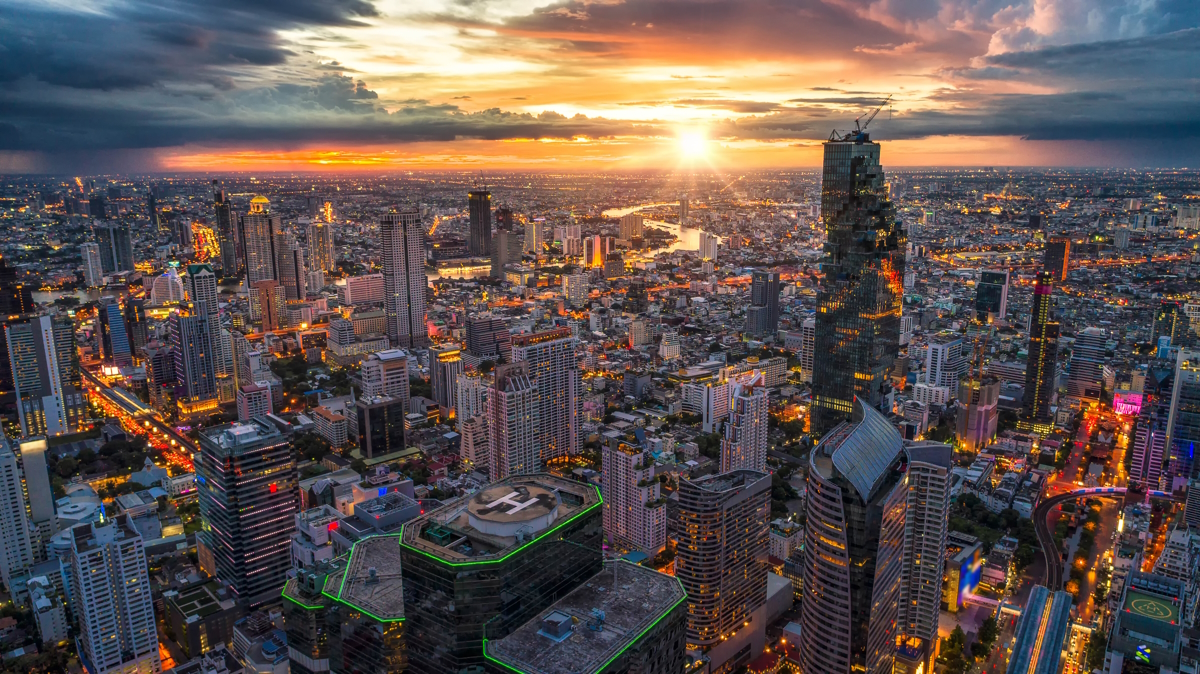The impact of the global economic slowdown has shown on Thailand’s GDP which contracted in the final quarter of 2022 as the revival of the tourism sector was unable to offset the decline in exports and manufacturing.
Southeast Asia’s second-largest economy contracted 1.5% in Q4 of 2022 compared to the previous quarter but is expected to avoid a recession as the tourism sector sees a jump. A Reuters poll of economists was expecting Thailand to report GDP growth of 0.5%, whereas a Bloomberg survey had seen growth at 0.6%.
What’s troubling Thailand GDP growth?
Thailand GDP growth for the full year 2022 stood at 2.6%, compared to the 1.5% growth seen the previous year. The country’s National Economic and Social Development Council (NESDC) has forecast a GDP growth of between 2.7% to 3.7% for 2023, revising its previous guidance of economic growth of between 3% to 4%. Separately, the agency expects exports to decline by 1.6% in 2023.
“The global economy has slowed faster than predicted … but the revival of the tourism sector will remain a key driver of the domestic economy,” NESDC head Danucha Pichayanan said in a statement to the media.
Pichayanan added that Thailand’s economy will not contract in the first quarter of 2023, which would indicate a recession, as rising tourist arrivals in the country and government stimulus measures are likely to prop up growth. The NESDC is expecting 28 million tourist arrivals as China is now allowing its citizens to travel out of the country.
Thailand is highly reliant on tourism and exports, with exports amounting to 59.6% of the country’s GDP in 2021, while tourism accounted for 65.7% of the GDP back in 2020 before the pandemic hit.
“Lower global demand for our products means fewer manufacturing activities are needed. Consequently, the manufacturing production index shrank 5.8% in Q4 2022. This particular index expanded 3% in the first three quarters of the year,” writes Chartchai Parasuk, Freelance Economist, for the domestic publication Bangkok Post.
Thailand’s exports contracted 14.6% in December as the slowdown in the global economy weighed, whereas the resilient baht hurt trade competitiveness. The Thai baht has strengthened as the US dollar retreated from its recent highs while China’s sudden reopening helped the currency.
“We expect services to be an increasing driver of growth this year, led by higher tourism spending. Though domestic demand will continue to cool as reopening boosts fade, a recovery in the labour-intensive tourism industry will support income. We think net trade will also add to headline growth next year,” writes Sung Eun Jung, Lead Economist, at Oxford Economics in a note.
A bright spot for the fall in Thailand’s GDP is the cooling inflation, with January CPI rising by 5.02%. Inflation is likely to be below 5% in February but is still way above the central bank target range of 1% to 3%, which puts the spotlight on the Bank of Thailand’s moves with monetary policy changes.


 Australia
Australia China
China India
India Indonesia
Indonesia Japan
Japan Malaysia
Malaysia Philippines
Philippines Singapore
Singapore South Korea
South Korea Taiwan
Taiwan Thailand
Thailand Vietnam
Vietnam







